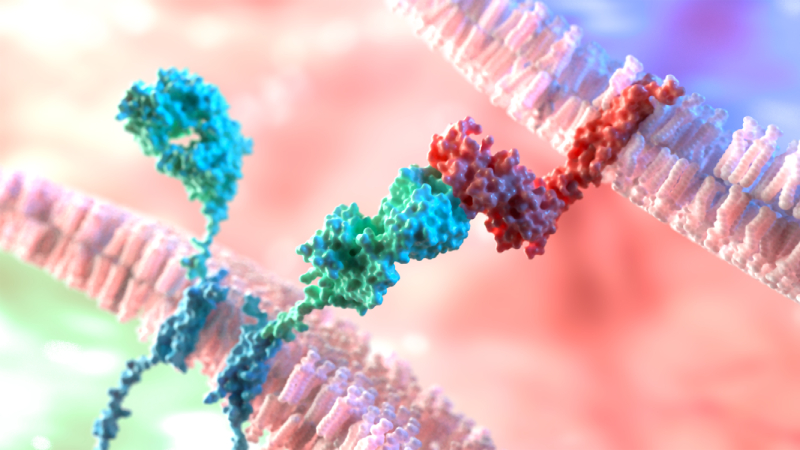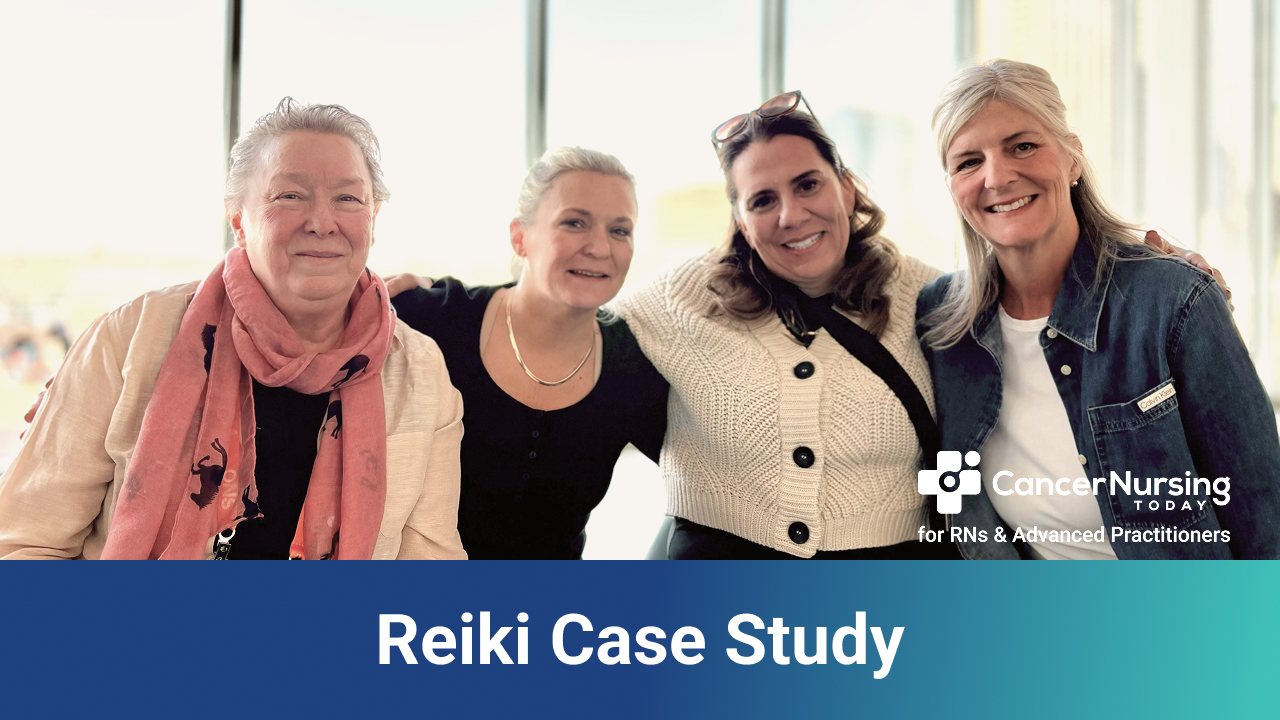GVHD
Advertisement
Oncology nurses are uniquely positioned to prepare and support climate-informed care for patients with GVHD.
The investigators performed a post hoc analysis on data from a multicenter cohort study in France to inform the study.
As patients increasingly explore CBD to manage GVHD or its symptoms, oncology nurses should be aware of the data.
Researchers aimed to optimize current machine learning algorithms to better predict the risk of acute GVHD post-transplant.
Chronic GVHD can increase the risk of infections, graft failure, and multi-organ dysfunction in patients.
Researchers compared outcomes between patients who received prior CAR-T therapy and those who received chemotherapy.
Learn what nurses should know about potential liver toxicity and drug interactions with cannabis and cannabinoids.
As more transplant recipients explore cannabis-based therapies for managing GVHD, nurses must familiarize themselves.
A nursing team from Tufts Medical Center discusses their case presentation on the use of Reiki in a patient with cGVHD.
Learn what oncology nurses should know about how it works, the FDA-approved products, legal considerations, and more.
Oncology nurses must be prepared to use non-stigmatizing, culturally sensitive communication about cannabis to manage GVHD.
The analysis shows that certain social factors may affect GVHD risk and severity.
Oncology nurses need to monitor these 2 distinct but interconnected complications after allogeneic stem cell transplantation.
Learn how machine learning models may be able to assist interdisciplinary teams with tailoring GVHD management.
The study revealed domains not represented in existing GVHD- or dermatologic-specific patient-reported outcome measures.
The condition is an "underdiagnosed gynecologic comorbidity" that often co-occurs with multiorgan chronic GVHD.
Previous research showed a potential connection between obesity and moderate to severe GVHD post-allogeneic SCT.
Oncology nurses need to be equipped to dispel common myths about smoking.
Learn how oncology nurses can offer education and smoking cessation resources to help patients reduce their risk.
Learn how ACCESS study data is informing patient-centered GVHD care and eliminating the donor access barrier for HSCT trials.





















 © 2025 Mashup Media, LLC, a Formedics Property. All Rights Reserved.
© 2025 Mashup Media, LLC, a Formedics Property. All Rights Reserved.